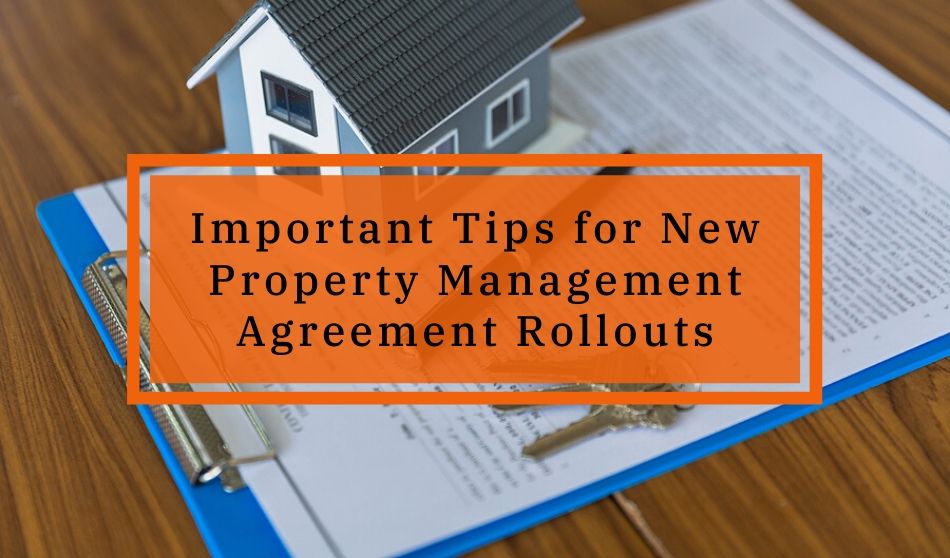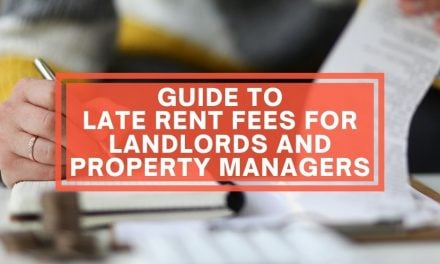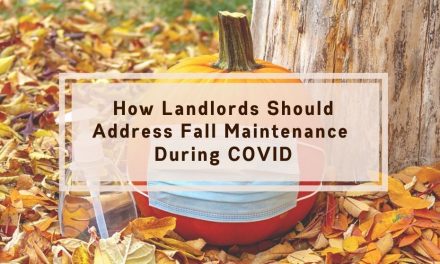
Building trust starts with a good property management agreement. From there, you will need to handle new management agreement rollouts where there is a change in property ownership, contract amendments, or other changes. Communication of changes done well builds on the foundation of trust with owners and tenants.
Management Agreement Essentials
A well-thought-out agreement can significantly reduce owner turnover and is the foundation for a healthy property owner-management relationship.
First and foremost, the property management contract needs to outline what the owner can expect regarding services and fees, the property management responsibilities, and who has the authority to do what in regards to the day-to-day operations of the property.
There are some items in the property management agreement that should be non-negotiable and likely unchanging throughout the relationship. Those items would be the Fair Housing, liability, contract duration, and termination clauses.
A Modified Property Management Agreement
The three specific times when a property management agreement can be modified are: the initial contract negotiation, significant changes in ownership by either party during, or at the end of the contract for renewal or termination.
In the initial draft of the property management agreement contract, each party can review the contract and suggest changes. Those significant changes to clarify the contract will require agreement and can either be written into the contract as sections or added as an addendum to the contract before signing.
Once the contract is signed, any changes to that contract must be designed as an amendment signed by both parties indicating agreement. If an agreement can not be reached, the contract remains unchanged and continues as-is until either party terminates the contract.

The pandemic crisis has created opportunities for change from using electronic signatures to cash-less transactions. Don’t forget to communicate all policy and procedure changes including the benefits and reasoning. Change is hard, silent change is harder.
Policy Changes
Some changes in the owner-management relationship that aren’t specifically reflected in the management agreement can be made throughout the relationship at-will. How you make those changes and rollouts can either build trust or tear it down.
Tips for a Smooth Policy Change Rollout:
- Get feedback on items of concern for both parties. Sometimes buy-in happens best when people feel heard.
- Plan any policy or procedure changes well in advance to not interrupt work-flow.
- Allow a buffer of time for implementation and learning curves. For example, transitioning owners to use an owner portal may take some time for implementation, training, adoption of use.
- Inform owners in writing of any changes to policy or procedures well in advance. Then continue reaching out as-needed with followup and support.
- Offer a detailed explanation of the benefits and reasoning for the change.
Property Management Agreement Amendments
Besides policy and procedural changes, new property management agreement rollouts mid-contract are rare. When they do occur, they would be considered amendments to the contract.
Timing for amendments usually occurs when renegotiating a contract that is soon to expire. Property management agreements typically are 12 months in length but can be shorter or longer. Shorter contracts allow for more flexibility in renegotiations.
It may seem a multi-year contract that locks-in the relationship would be the most beneficial on the surface. However, it may create a barrier and hinder the opportunity to make changes needed to keep up with market trends and business needs.
For multi-year or auto-renewable contracts, be sure to include language that allows for the possibility of mutually agreed on amendments.
Start discussions on making amendments to the agreement weeks or months before the contract is due to terminate or auto-renew.

Don’t rush the process! Give you and your owners plenty of time to review and negotiate the property management agreement. Feedback and compromise can go along way to building longevity into your client base.
Contract Renewals
It is advised that a contract has wording that allows time and opportunity for contract negotiations. On a 12 month contract, it isn’t too soon to start discussing changes two months in advance. This allows time for both parties to fulling understand and agree on addendums, amendments, or renegotiate new contract terms.
You will do well to give owners plenty of time to decide if they wish to move forward with your services. This is especially important if you wish to add or remove services, change fees, or make changes to policies or procedures that were formalized in the current contract. This also gives you time to fulfill obligations on reporting and hand-off in the event the owners decide to changes providers.
Change in Ownership
Another occasion for a new property management agreement rollout happens when the ownership of a property changes hands. Properties change hands whether through the sale of the property, death of an owner, or adding partners to the property title.
Sale of Property
Typically the property management agreement will have a clause for termination and the conditions that apply such as giving proper notice. It makes sense that the new owners are not obligated to that contract as they did not enter into that agreement.
The caveat is if the sale is to a completely new owner or partnership and the current owner is not affiliated with the property going forward.
Change in Ownership Type
When an owner creates an entity (partnership, LLC, or Corporation) and remains who remains affiliated with the property typically the contract remains active and will simply need to be modified unless otherwise stated in the contract. Reach out to your attorney if the ownership type changes to find out if your state requires a new contract or an amendment.
Death of Owner
In the unfortunate event of the death of a homeowner, again, contact your attorney and find out what your state requires. It may be necessary to work with the executor of the will to handle the termination activities and hand-off of the operations.
Notifications of Changes in Ownership
When a property changes on-site property managers, property management companies, or ownership, it is advisable to keep your tenants informed of those changes. In some states, it’s not just a good idea, it’s the law.
If this happens, you will want to send out a property manager introduction letter and/or a new landlord introduction letter. To help you with those important letters we offer some great advice and samples for you to follow:
Also, if there is a change in property management companies or the management of the home reverts back to the owner remember to notify the tenant. This change in the management relationship is important to communicate; especially in regards to the transfer of their security deposit, last month’s rent, other deposits or monies held.
It’s vitally important to communicate to the tenant that the funds have been transferred to another party. Include the name and contact details of the owner, escrow agent, person(s), or new property management company who will be responsible for holding those funds going forward.
Final Thoughts on Rental Management Agreement Rollouts
If you find an upswing in owners taking their business to another property management company it may be time to step up communication efforts.
One such tactic is to offer your owners access to an online owner portal so they can access reports and vital information on-the-go. Another great tool would be to set out a monthly and/or quarterly newsletter or email with important information. Also, you may want to try a client survey and be open to owner feedback.
Lastly, consider converting from paper contracts over to electronic versions and send using property management tools that gather legally binding electronic signatures.
Communication is the key to contract negotiations, renewals, policy change rollouts, and ownership or management changes. Without proper communication misgivings and misunderstandings can brew.





